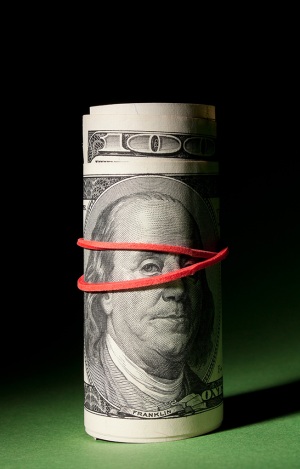Mark Zuckerberg bought Facebook shareholders' votes for $100


So, how did he pull that off? It turns out when Facebook amended its IPO filing yesterday, Zynga wasn't the only extra detail being underlined. Here's an excerpt from the FORM OF "TYPE 1" HOLDER VOTING AGREEMENT document filed with the U.S. Securities and Exchange Commission (SEC). Notice the last sentence:
The Stockholder holds shares of Common Stock of the Company. This Agreement, among other things, requires the Stockholder to vote all such shares of Common Stock and all shares of capital stock of the Company which such Stockholder currently owns or hereafter acquires or as to which he otherwise exercises voting or dispositive authority (together all such shares referred to in this sentence and any securities of the Company issued with respect to, upon conversion of, or in exchange or substitution of such shares, and any other voting securities of the Company subsequently acquired by the Stockholder, the "Shares") in the manner set forth herein. This agreement is being entered into in exchange for a payment of $100 in cash from the Proxyholder to Stockholder and for other good and valuable consideration, the sufficiency of which is hereby acknowledged and agreed.
In other words, early Facebook investors signed away their voting rights to Zuckerberg in exchange for $100 cash. Multiple investors signed these agreements, including Napster co-founder Sean Parker, Facebook's first president, and several of the company's venture capital backers (Accel Partners and DST Global come to mind).
While the $100 payments were likely a formality, it still shows how persuasive Zuckerberg was in convincing investors he really knows what's best for Facebook. Mind you, by this point Zuckerberg likely had changed his mind and no longer wanted to sell Facebook to a bigger company.
See also: